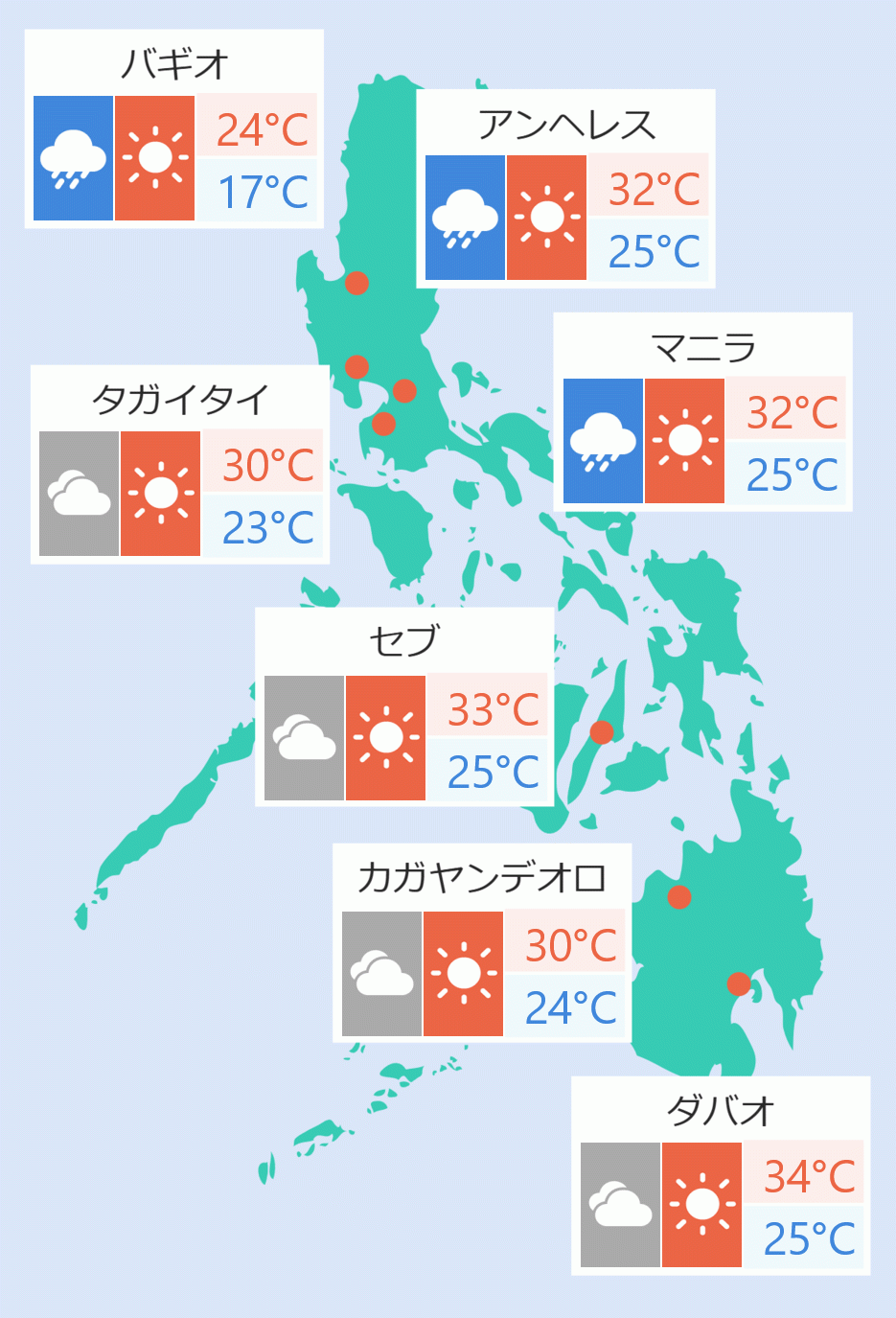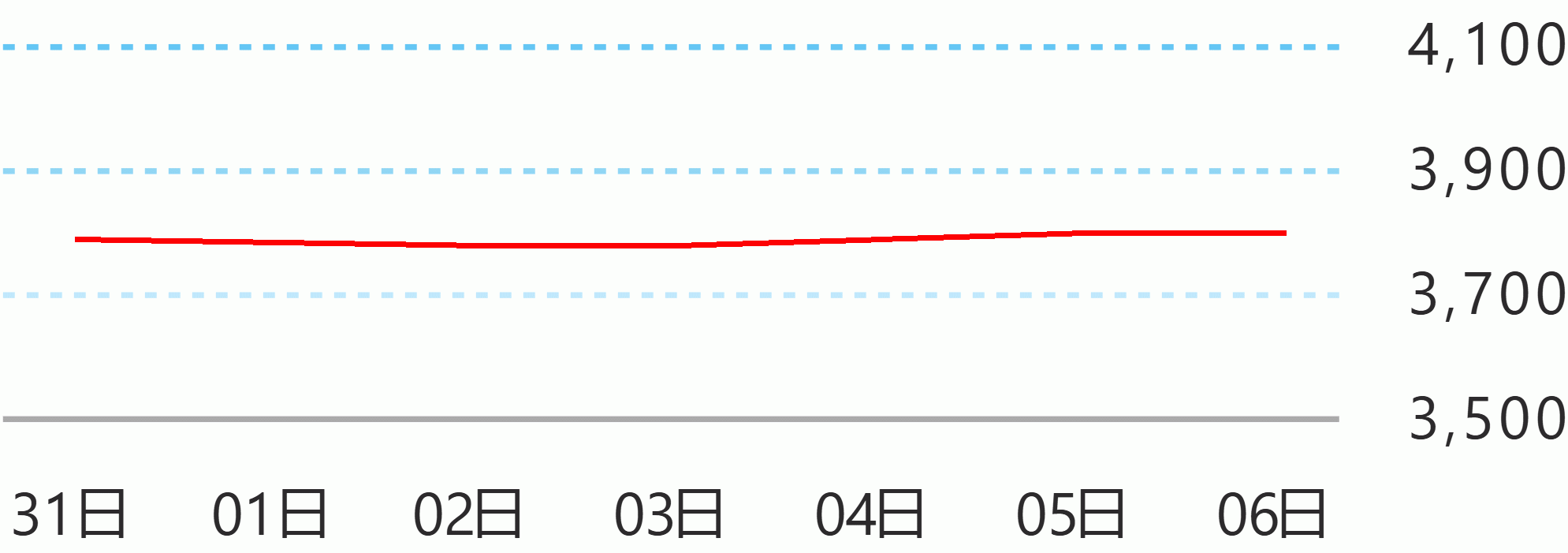Malacañang said on Thursday that the Inter-Agency Task Force for the Management of Emerging Infectious Diseases is still going to discuss if the provincial buses would be allowed to operate in Metro Manila starting next week.
The Department of Transportation( DOtr) earlier said that provincial buses could travel to the National Capital Region by June 22.
"The IATF will discuss if provincial buses will be allowed based on the original plan of the DOTr," Presidential Spokesperson Harry Roque said in a virtual press briefing.
He said when the plan was made, the assumption was Metro Manila would shift to modified general community quarantine on June 16.
"So, let's wait for the announcement of the DOTr if the provincial buses would be allowed in the second phase comes 22 June 2020," Roque said.
President Rodrigo Duterte, with the recommendation of the IATF, approved that Metro Manila would remain under GCQ until end of the month due to still high number of coronavirus disease cases.
But under the second phase of the DOTr guidelines for public transport operations, Roque said modern public utility vehicles would be allowed by June 22.
"But if (public transportation) will still be insufficient, the LTFRB (Land Transportation Franchising Regulatory Board) may allow traditional jeepneys, provided they are road worthy," he said.
He also said that the DOTr has opened additional three city bus routes on Thursday. These are the PITX-Sucat, PITX-Naic, and PITX-Cavite City.
With that, there are now 27 out of 31 bus routes that have been opened after they were suspended due to Luzon-wide lockdown in March.
The other modes of public transportation that are now plying in Metro Manila are 18,830 transport network vehicle service units, 16,701 taxis and 271 P2P (point-to-point) buses in 28 P2P routes.
Some 90 buses are also operating as part of the Metro Rail Transit Line 3 augmentation program.
The MRT 3, Light Rail Transit Lines 1 and 2 and the Philippine National Railways are also operating while there were 1.1 million ridership already in the DOTr free ride service for health workers since March, Roque said. Celerina Monte/DMS





 English
English









